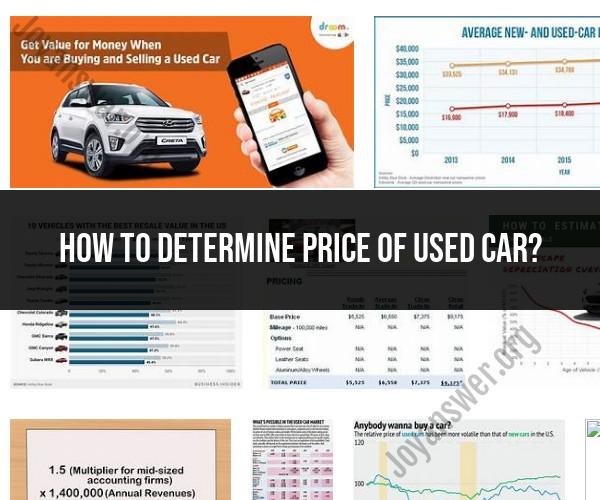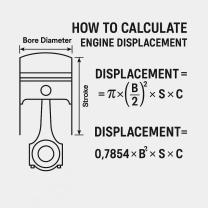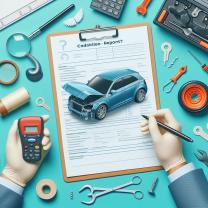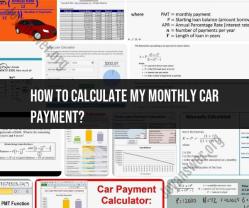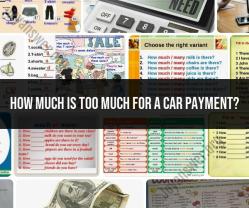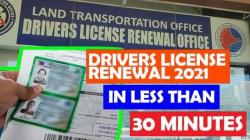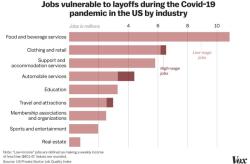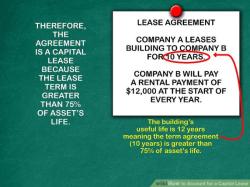How to determine price of used car?
Determining the price of a used car involves a combination of research, assessment, and negotiation. Here are essential guidelines to help you determine the price of a used car:
Research the Market:
- Start by researching the market for the specific make and model of the used car you are interested in. Use online resources, such as automotive websites, classified ads, and pricing guides, to gather information about the average prices for similar vehicles in your area.
Consider the Factors:
- Take into account the factors that can affect the price of a used car, including its make, model, age, mileage, condition, features, and location. Each of these factors plays a role in determining the vehicle's value.
Inspect the Car:
- Physically inspect the used car to assess its condition. Look for signs of wear and tear, accident damage, rust, and any mechanical issues. If you are not knowledgeable about cars, consider having a trusted mechanic perform a pre-purchase inspection.
Check the Vehicle History:
- Obtain a vehicle history report (e.g., Carfax or AutoCheck) to check for accidents, title issues, and ownership history. A clean history report can positively impact the car's value.
Determine Fair Market Value:
- Use online pricing tools and resources to determine the fair market value of the used car based on its make, model, year, mileage, and condition. Websites like Kelley Blue Book (KBB) or the National Automobile Dealers Association (NADA) provide pricing information.
Consider Local Market Conditions:
- Local factors, such as supply and demand in your area, can influence pricing. Cars may be more expensive in regions with higher demand or where certain makes and models are popular.
Factor in Additional Costs:
- Consider additional costs associated with buying the used car, such as taxes, registration fees, and potential repair or maintenance expenses. These costs can affect your overall budget.
Get Multiple Quotes:
- Obtain price quotes from multiple sources, including private sellers, dealerships, and online listings. This will give you a better understanding of the range of prices for the same vehicle.
Negotiate the Price:
- Be prepared to negotiate the price with the seller, whether it's a private individual or a dealership. Start with a reasonable offer based on your research and be willing to walk away if the price doesn't align with the vehicle's value.
Consider Additional Value:
- Assess whether the used car offers any additional value, such as a warranty, recent maintenance records, or extra features. These factors can justify a slightly higher price.
Be Patient:
- Don't rush the buying process. Take your time to find the right used car at a price that fits your budget and meets your needs.
Get a Vehicle History Report:
- Always obtain a vehicle history report to check for any potential red flags, such as salvage titles, accidents, or odometer discrepancies.
Beware of Scams:
- Be cautious of deals that seem too good to be true or sellers who avoid answering your questions. Scams are prevalent in the used car market, so exercise due diligence.
Remember that determining the price of a used car requires careful research and consideration of various factors. By following these guidelines and conducting thorough research, you can make an informed decision and negotiate a fair price for the used car you wish to purchase.
Unraveling the Mystery of Used Car Pricing: A Buyer's Guide
The used car market can be a complex and confusing place, especially when it comes to pricing. There are many factors that affect the price of a used car, and it can be difficult to know what a fair price is.
This guide will help you unravel the mystery of used car pricing and give you the tools you need to make an informed purchase.
Factors that affect used car pricing
The following factors can affect the price of a used car:
- Age and mileage: Older cars with higher mileage are typically less expensive than newer cars with lower mileage.
- Make and model: Some makes and models hold their value better than others. This is due to a number of factors, including reputation, reliability, and demand.
- Condition: The overall condition of a car has a significant impact on its value. Cars that are in good condition with regular maintenance records typically sell for more than cars that are in poor condition or have a history of problems.
- Location: The location of a car can also affect its price. Cars that are located in areas with a high demand for used cars, such as major metropolitan areas, typically sell for more than cars that are located in areas with a lower demand.
- Time of year: The time of year can also affect used car prices. Cars typically sell for less during the winter months, when demand is lower.
Other factors that can affect the price of a used car include:
- Options: Cars with more options, such as a sunroof, leather seats, or a premium sound system, typically sell for more than cars without these options.
- Color: Some car colors are more popular than others, and popular colors typically sell for more than unpopular colors.
- History: If a car has been in an accident or has been salvaged, its value will be lower.
- Demand: The overall demand for used cars can also affect prices. If demand is high, prices will tend to be higher.
Tips for buying a used car at a fair price
Here are some tips for buying a used car at a fair price:
- Do your research: Before you start shopping, research different makes and models to learn about their reliability and resale value. You can use online tools such as Kelley Blue Book and Edmunds to get an estimated value for the car you are interested in.
- Get a pre-purchase inspection: Before you buy a used car, have it inspected by a qualified mechanic. This will help you identify any potential problems with the car and give you an idea of how much it will cost to fix them.
- Negotiate: Don't be afraid to negotiate on the price of a used car. Most sellers are willing to negotiate, especially if you are willing to pay cash.
Decoding the Price of Used Cars: Strategies for Smart Shoppers
Here are some additional strategies for smart shoppers when it comes to decoding the price of used cars:
- Be aware of the market: Understand the current market conditions and what other cars are selling for. This will help you determine a fair price for the car you are interested in.
- Don't be afraid to walk away: If you're not happy with the price, don't be afraid to walk away. There are plenty of other used cars out there.
- Consider buying a private party: Private party sellers often sell their cars for less than dealerships. However, it's important to be more careful when buying a car from a private party, as you may not have the same protections as you would when buying from a dealership.
Price Transparency: Evaluating the Accuracy of TrueCar Pricing
TrueCar is a website that provides consumers with information on used car pricing. It also offers a price transparency feature that allows consumers to see what other people have paid for similar cars.
The accuracy of TrueCar pricing has been questioned by some industry experts. One study found that TrueCar prices were often higher than the actual prices that consumers paid for cars.
It is important to note that TrueCar pricing is just one data point. It is important to do your own research and compare prices from multiple sources before you buy a used car.
Conclusion
Buying a used car can be a great way to save money on transportation. However, it is important to do your research and understand the factors that affect used car pricing. By following the tips in this guide, you can increase your chances of getting a good deal on a used car.
